Easy Ways to Reduce Your Heating and Cooling Costs
According to Energy Star, half of the average household's energy use is spent on cooling and heating. As the weather turns extreme, your home can benefit from a well-installed heating and air conditioning system. It has the potential to improve your home's comfort, energy efficiency, and cost-efficiency. It can also enhance your family's productivity and help encourage good health.
However, a faulty
HVAC install can substantially increase your heating and cooling expenditures. According to the Department of Energy, installation faults can impair HVAC efficiency by up to 30%, so engaging a trained HVAC expert for all heating and air conditioning systems is essential. To save money on heating and cooling, homeowners can implement a few preventative measures.
1. Keep Up with Routine Maintenance
To keep your HVAC install in great working condition, homeowners should keep up with routine maintenance. Homeowners should have a proactive maintenance program or consult a professional to verify the parts and components of the system are working efficiently. Homeowners can change air filters periodically, especially during heavy use months in summer and winter, which promotes air circulation and eliminates expensive maintenance concerns, which could include early system failure. Homeowners should also ensure that their HVAC install has appropriate temperature ranges to ensure sufficient energy use.
2. Upgrade Your Thermostat
Homeowners can save money by installing an upgraded thermostat. An upgraded thermostat will work less to maintain the temperature in an empty room. Consider installing a programmed or smart thermostat to enjoy significant savings. These simple measures can go a long way toward reducing energy consumption, especially when there are no people in the house.
3. Seal Your Home from Drafts
To prevent air leakage and wasted energy, homeowners should seal the ducts transporting air to and from HVAC installs, such as the furnace, air conditioner, or heat pump. This also presents an excellent opportunity to check the HVAC insulation for warm or cold air leaks while checking the walls and attic for stud cavities and drywall gaps. Homeowners can also keep the HVAC installation system from working too hard by limiting summertime indoor cooking and drying.
It is recommended to actively look for solutions to reduce HVAC energy usage during the peak heating and cooling seasons. Call your local HVAC technician today to ensure your system is working as efficiently as it is designed to.
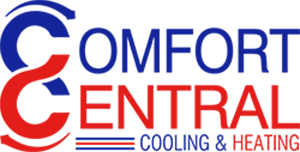
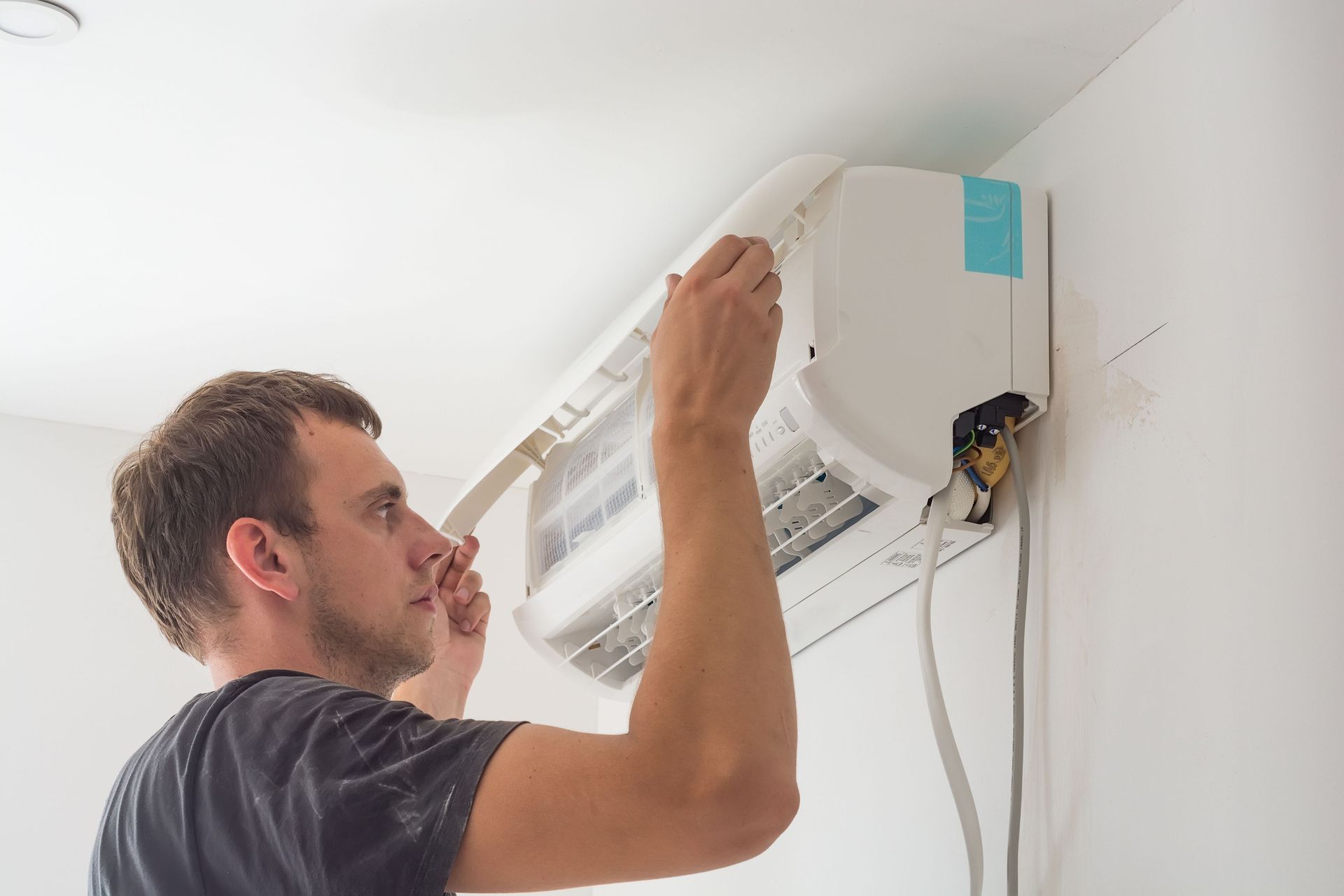
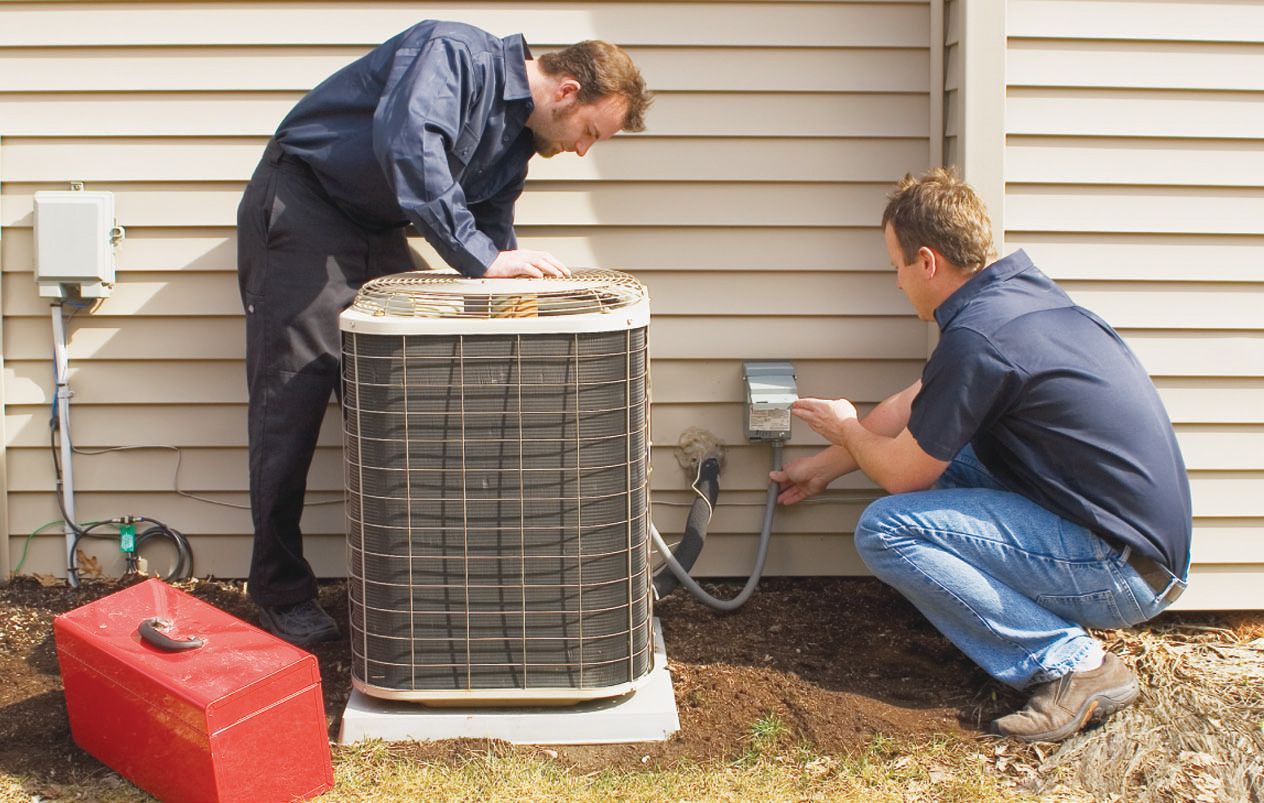
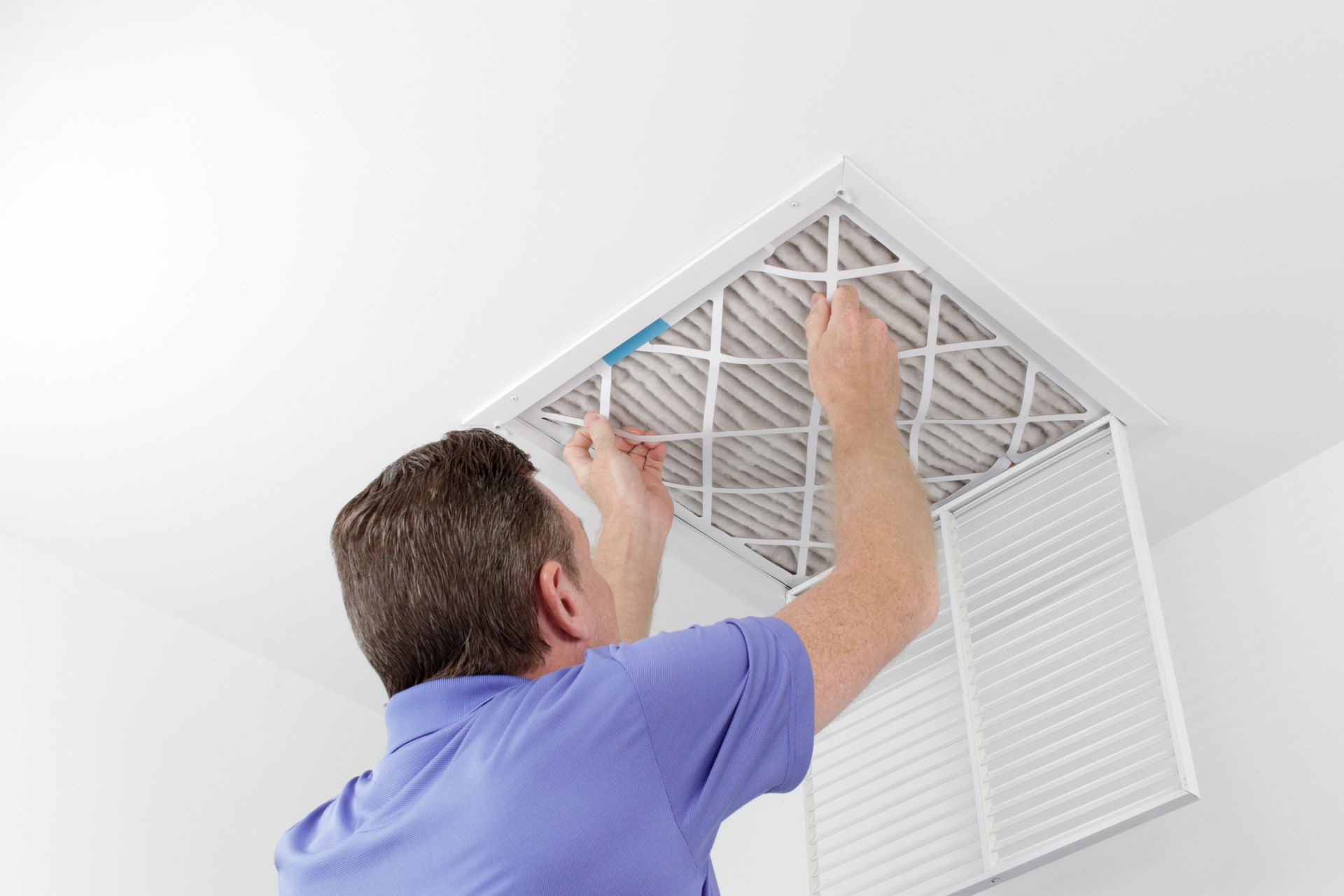
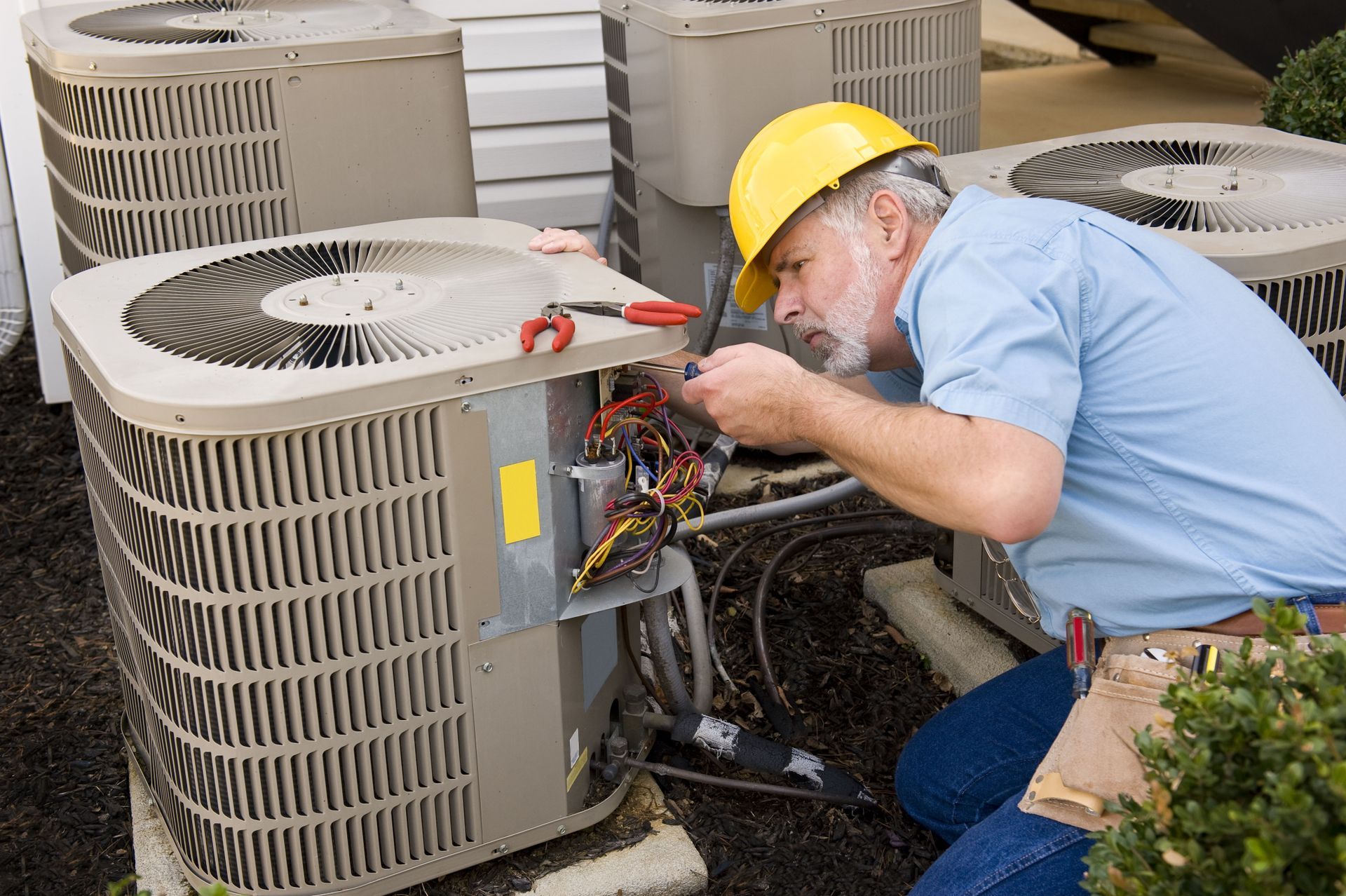
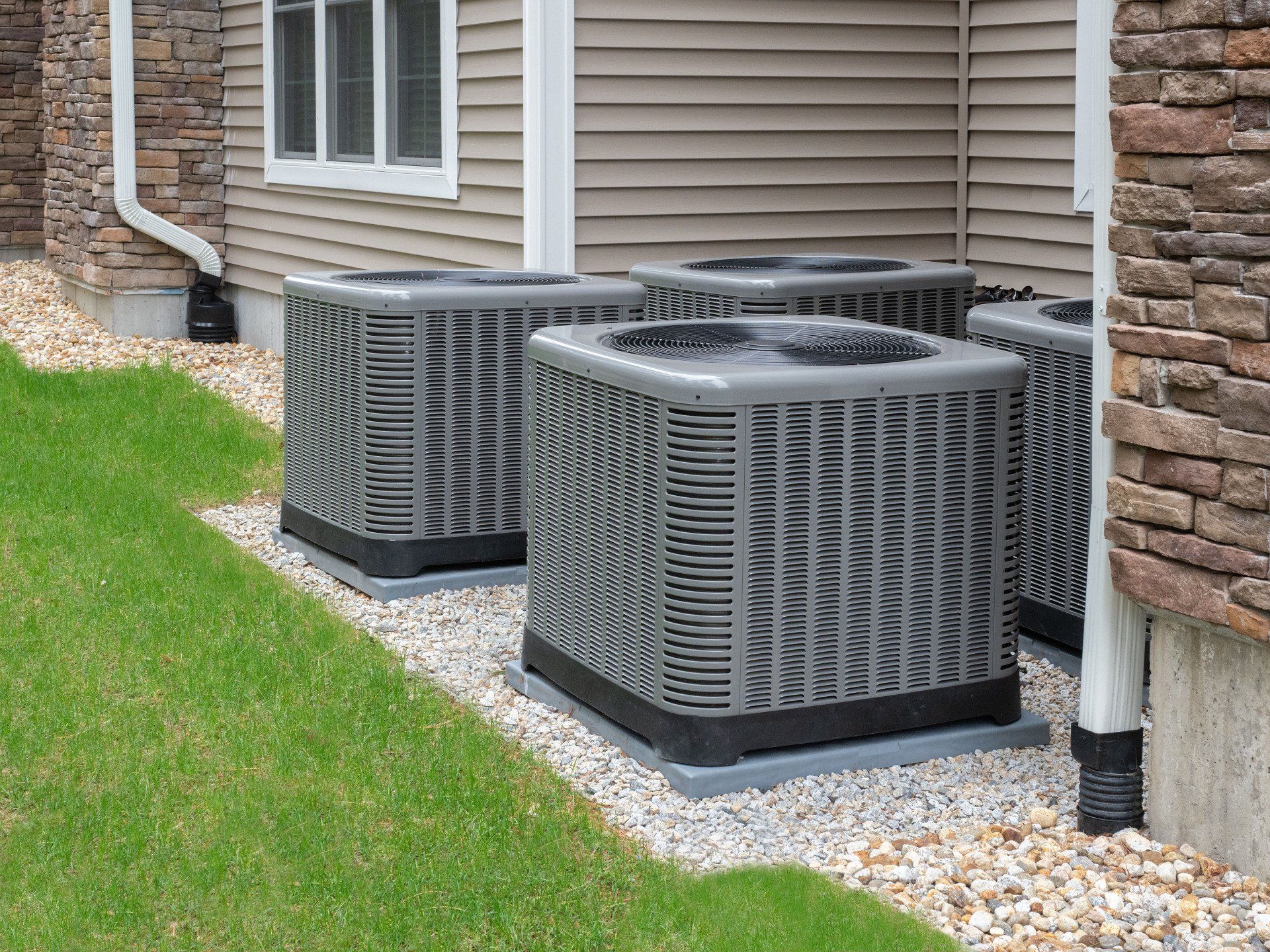
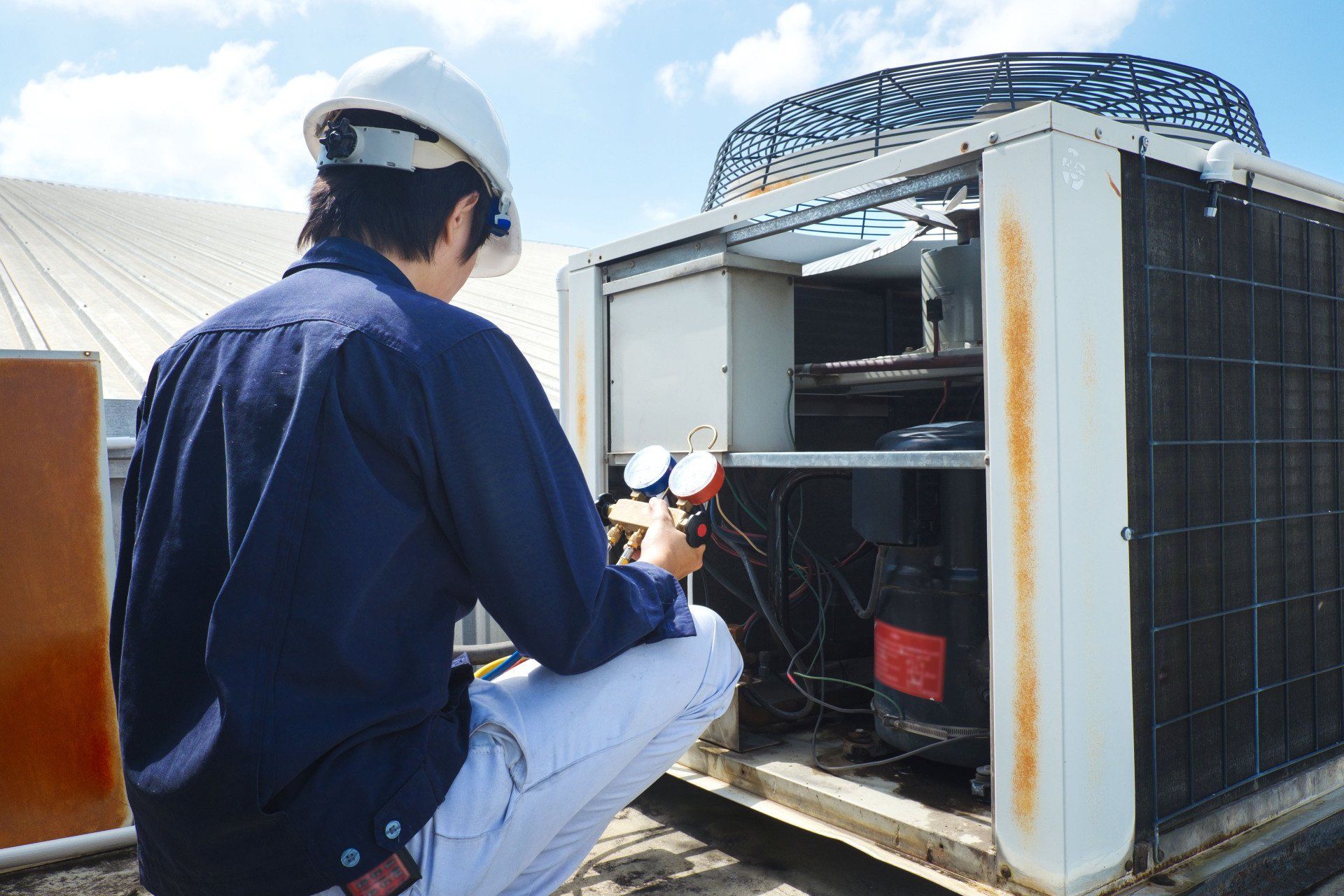


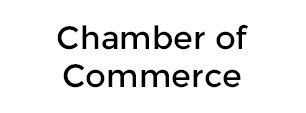
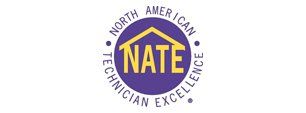
Share On: